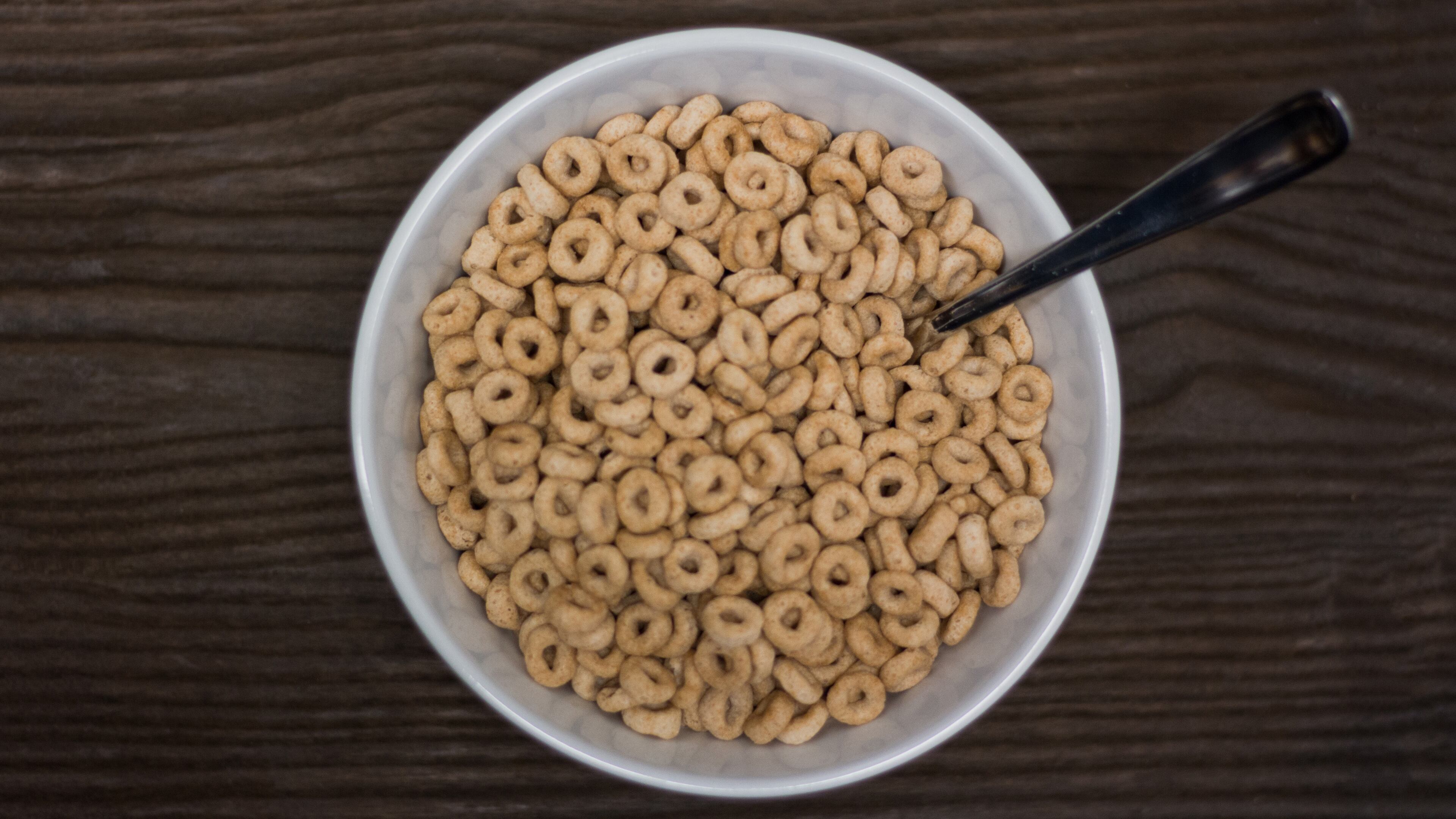Environmental group claims weed killer still contaminates most cereals
An environmental advocacy group claims that, despite its previous findings, a number of breakfast foods still contain trace amounts of an herbicide that could increase the risk of cancer.
CNN reported that the Environmental Working Group, which receives financial and other support from organic food companies and others, found all but four products it tested have levels of glyphosate, a weed killer.
According to EWG, the herbicide was at levels the group's scientists say are too high for children's health, leading to cancer risks.
"The new tests confirm and amplify EWG's findings from tests in July and October of last year, with levels of glyphosate consistently above EWG's children's health benchmark," the group said Wednesday.
Related: Weed killer found in more breakfast cereals, snack bars, report says
The products the group said it tested include oat breakfast cereals, including some Cheerios varieties, granola from Nature Valley and snacks or snack bars from Fiber One and Nature Valley.

Despite the group's claims, the Environmental Protection Agency said in April that the herbicide poses no public health risk.
“EPA continues to find that there are no risks to public health when glyphosate is used in accordance with its current label and that glyphosate is not a carcinogen,” the agency said April 30. “The agency’s scientific findings on human health risk are consistent with the conclusions of science reviews by many other countries and other federal agencies. While the agency did not identify public health risks in the 2017 human health risk assessment, the 2017 ecological assessment did identify ecological risks. To address these risks, EPA is proposing management measures to help farmers target pesticide sprays on the intended pest, protect pollinators, and reduce the problem of weeds becoming resistant to glyphosate.”
Related: Unsafe amounts of weed killer chemical found in some oat-based food, report finds
It’s worth considering the criticisms of EWG, whose findings routinely make national headlines, has faced.
The American Council on Science and Health, a nonprofit consumer advocacy organization founded by scientists, has criticized EWG for overstating its findings, particularly when it comes to the risks of some chemicals.

